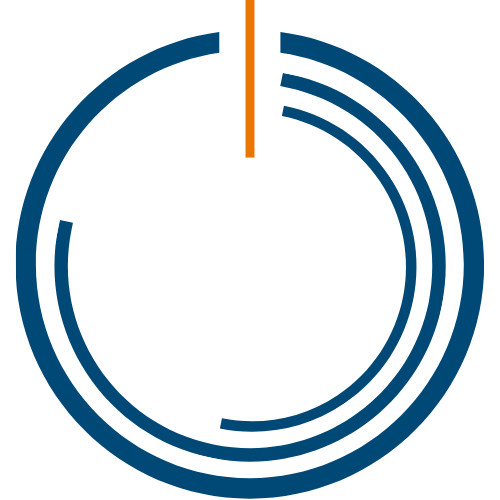2 min read
In a recent podcast episode, Andrew Huberman, a neuroscientist and professor at Stanford University, discussed how caffeine can optimize mental and physical performance.
Caffeine vs Adenosine
According to Huberman, caffeine is a powerful stimulant that affects the central nervous system by blocking the action of adenosine, a neurotransmitter that promotes sleep and suppresses arousal. By blocking adenosine, caffeine promotes wakefulness, alertness, and mental clarity.
Timing
The timing of caffeine consumption is crucial. Huberman recommends consuming caffeine beginning at 10am and no later than early afternoon. This is because caffeine has a half-life of about 6 hours, which means that half of the caffeine consumed will still be in the body after 6 hours. Consuming caffeine too close to bedtime can disrupt sleep and lead to grogginess the next day. On the other hand, consuming caffeine too early in the day may lead to a crash in the afternoon as the effects wear off.
Additional Substances
To optimize the effects of caffeine, Huberman also suggests pairing caffeine with other substances, such as L-theanine, an amino acid found in tea, which can promote relaxation and reduce anxiety. He also recommends consuming caffeine with food to slow down absorption and prolong its effects.
Benefits
In addition to its benefits for mental performance, caffeine can also enhance physical performance by improving endurance, reducing fatigue, and increasing the rate of fat burning during exercise. However, it is important to consume caffeine in moderation and with caution, as excessive consumption can lead to negative side effects such as anxiety and insomnia.
Conclusion
In summary, caffeine can be a powerful tool for optimizing mental and physical performance, but it must be consumed at the right time and in the right amount. Following Huberman's recommendations to consume caffeine beginning at 10am and no later than the early afternoon, pairing it with other substances, and consuming it with food can help individuals experience its benefits without compromising their health or performance.
References from Huberman Labs
- Anti-diabetic effects of GLP1 analogs are mediated by thermogenic interleukin-6 signaling in adipocytes (Cell Reports Medicine)
- Caffeine in Floral Nectar Enhances a Pollinator’s Memory of Reward (Science)
- Consumption of caffeinated beverages and serum concentrations of sex steroid hormones in US men (Cancer Causes & Control)
- Inverse association between caffeine intake and depressive symptoms in US adults: data from National Health and Nutrition Examination Survey (NHANES) 2005-2006 (Psychiatry Research)
- Caffeine stimulation of cortisol secretion across the waking hours in relation to caffeine intake levels (Psychosomatic Medicine)
- Time course of tolerance to the performance benefits of caffeine (PLOS ONE)
- Caffeine consumption and menstrual function (American Journal of Epidemiology)
- Ergogenic effects of caffeine on peak aerobic cycling power during the menstrual cycle (European Journal of Nutrition)
- Consolidating Memories (Annual Reviews)
- Blood dopamine level enhanced by caffeine in men after treadmill running (Chinese Journal of Physiology)
- The neuroprotective effects of caffeine in neurodegenerative diseases (CNS Neuroscience & Therapeutics)

